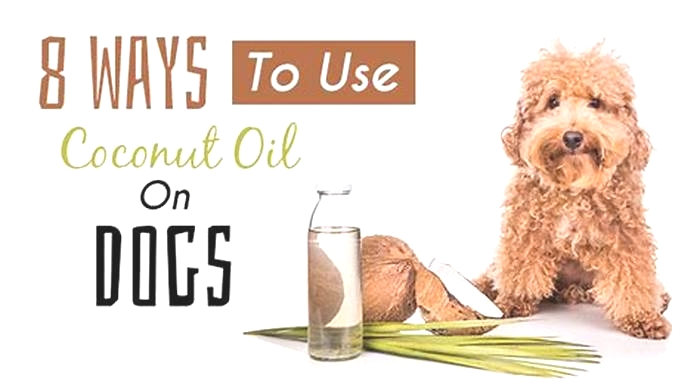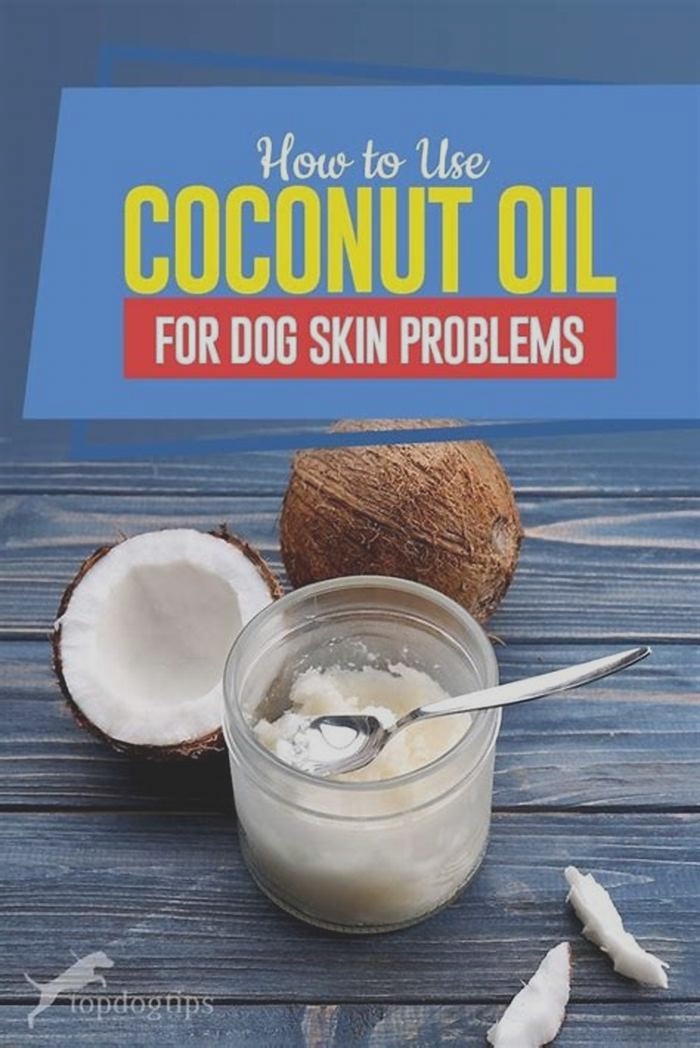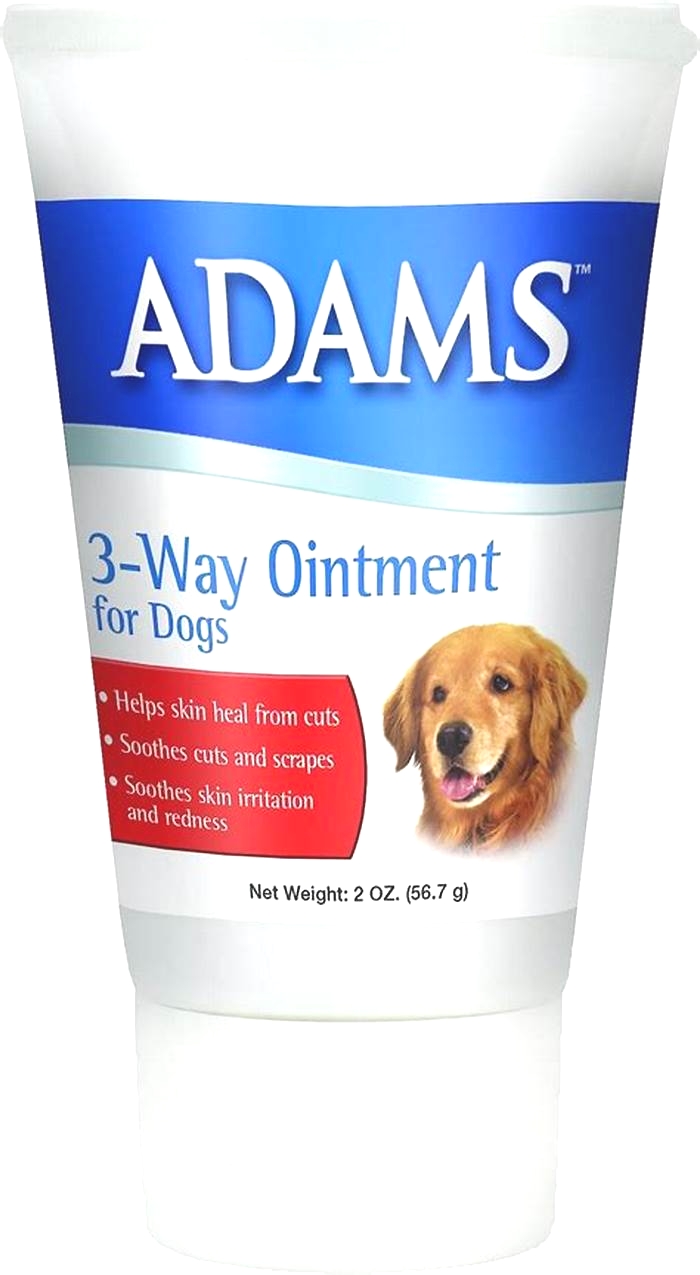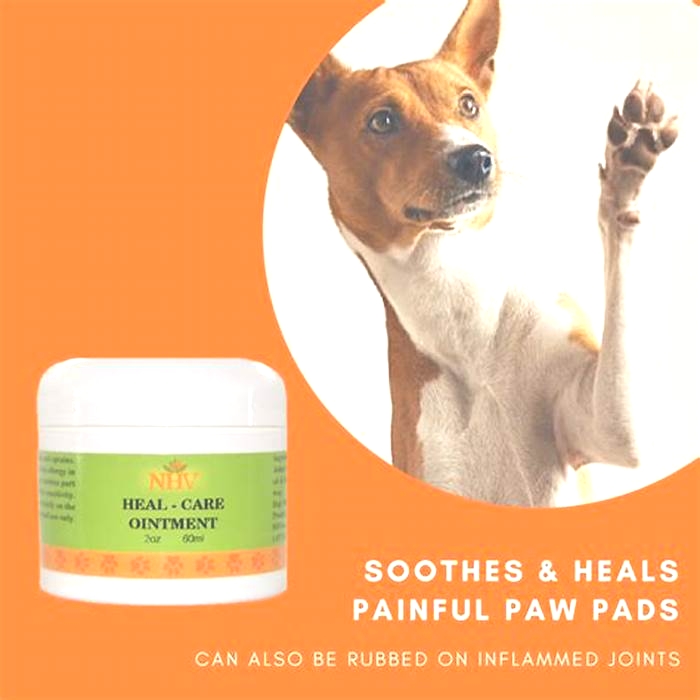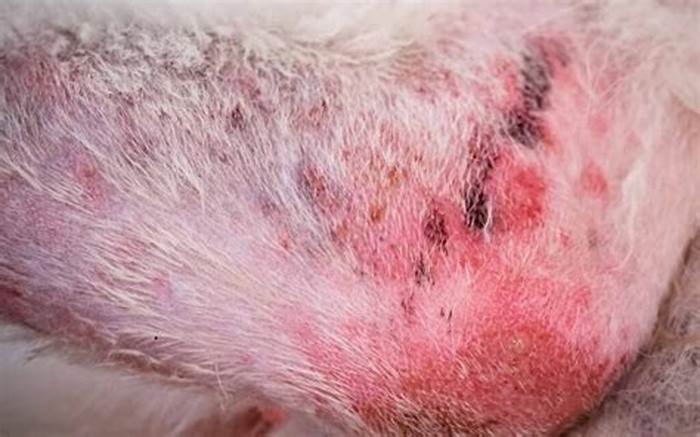Is coconut oil safe for dogs
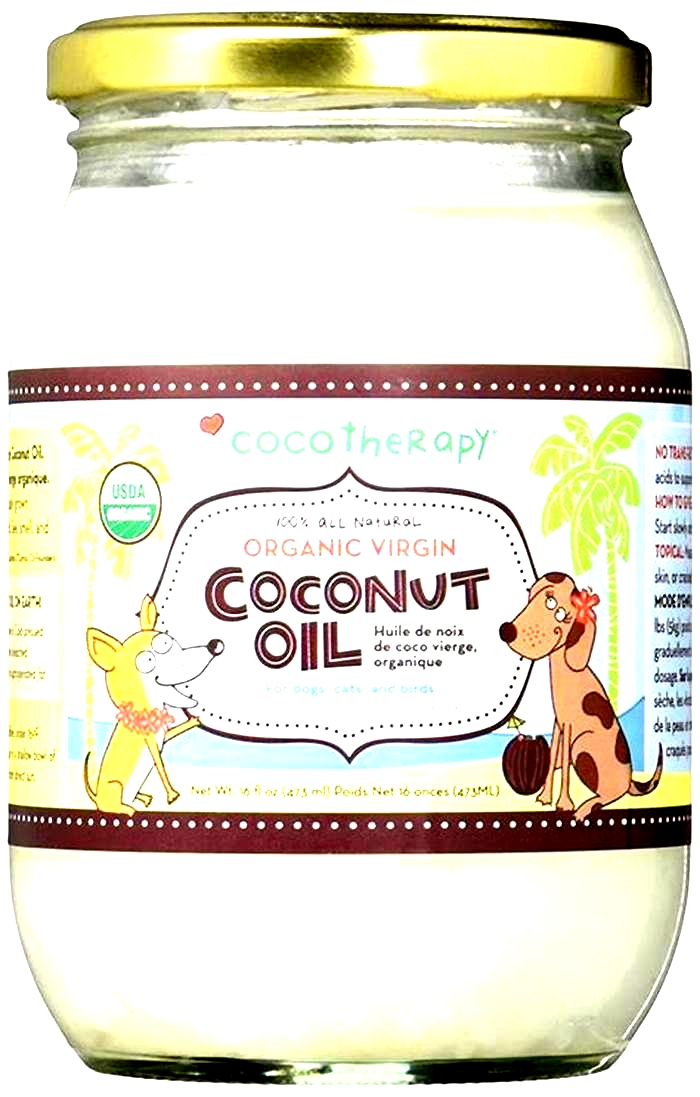
Coconut Oil for Dogs
Coconut oil has become quite the craze in recent years as a popular supplement for people, touted for a wide variety of possible benefits. Coconut oil can be consumed orally, directly placed on food, applied to the skin topically, or contained in supplement form.
But is it also OK to give coconut oil to dogs?
While in very small amounts coconut oil is not likely to cause an issue for your dog, regular use in dogs is not recommended.
Key Takeaways
- Regular use of coconut oil in dogs is not recommended.
- Always consult with a veterinarian before adding coconut oil to your dogs routine.
- While coconut oil offers potential benefits for dogs, it also poses risks such as stomach upset, pancreatitis, and allergic reactions.
What Is Coconut Oil?
Coconut oil comes from the white flesh of the coconut fruit, part of the coconut palm tree. This oil is extracted and is categorized into two typesrefined coconut oil and unrefined coconut oil.
Unrefined coconut oil, sometimes called virgin coconut oil, is minimally processed and retains its flavor; the meat of the coconut is pressed to produce the oil. Refined coconut oil has only a mild flavor but can be used at high temperatures, such as when used for cooking. These oils are then made into preparations for the skin or for oral ingestion.
Is Coconut Oil Safe for Dogs?
In small quantities, coconut oil can be given to dogs for a variety of reasons, but mainly for its medium-chain triglycerides (MCTs) as a source of saturated fat, also known as the good fat.
MCTs are also found in dairy products and palm oil. Coconut oil should be given under the guidance of your veterinarian and gradually introduced into your pups diet. Too much too fast can cause significant stomach upset, and a little bit goes a long way. As with any food, watch for signs of an allergic reaction such as hives or itchy skin.
Coconut oil can be given to dogs in pure form, added to the food or as an oral supplement. It can also be made into a topical preparation for skin issues.
Cold water fish oils provide an excellent source of omega-3 fatty acids. Their propensity to cause stomach upset in dogs is also a lot lower than that of coconut oil.
Can You Use Coconut Oil for a Dogs Skin?
Veterinarians typically do not recommend using coconut oil for your dogs skin because the risk often outweighs the benefits.
Coconut oil is often used to hydrate a dogs skin, reduce inflammation, and provide both antibacterial and antifungal properties. However, this remains anecdotal in dogs.
While there are studies in people, there is no scientific evidence supporting the benefits of coconut oil for use on dog skin.
Applying anything to a dogs skin should be done with caution, as dogs tend to lick themselves often and will ingest the substances.
While coconut oil can be ingested, if too much is ingested or its in a form that is not meant to be ingested, significant stomach upset and pancreatitis will develop. Coconut oil applied to the skin can also cause an allergic reaction, making any current skin condition or itching worse.
Can You Use Coconut Oil for a Constipated Dog?
Coconut oil is not helpful for dogs with constipation, as large quantities ingested will cause painful stomach upset and pancreatitis. Even in small quantities, this painful condition can still occur, along with a possible allergic reaction.
In humans, coconut oil is used because MCTs are more easily digested than long-chain fatty acids (LCTs) to help with conditions that cause decreased absorption or maldigestion of fats. Coconut oil is rapidly absorbed by the intestinal tract; therefore, it will not be effective as a laxative in constipated dogs.
Benefits of Coconut Oil for Dogs
Some possible benefits of using coconut oil in dogs are extrapolated from its successful use in humans. They are:
Rich in fatty acids (MCTs)
Lowers cholesterol
Reduces inflammation
Exhibits antibacterial, antifungal, and antiviral properties
Acts as an antioxidant
Aids digestion
Supports heart and brain function
Assists with inflammatory bowel disease (IBD) by reducing gut inflammation
Aids cognitive function
Decreases seizure activity in epileptic dogs
Claims of use in dogs that lack credible studies, even in people, include:
Risks of Coconut Oil for Dogs
Using coconut oil on dogs, whether through ingestion or topical use, carries the following risks to their health:
While coconut oil offers potential benefits for dogs, including skin health, digestion support, and support for other organ functions, it also poses risks such as stomach upset, pancreatitis, and allergic reactions.
Always consult with a veterinarian before adding coconut oil to your dogs routine, to ensure its appropriateness for their individual health needs.
WRITTEN BY
Barri J. Morrison, DVMVeterinarian
Barri Morrison was born and raised and currently resides in Ft. Lauderdale, Florida. She went to University of Florida for her...
Is Coconut Oil Good or Bad for Dogs? The Surprising Truth
There is limited research on the effects of coconut oil on dogs. Most claims are anecdotal or based on human or rodent studies. Despite this, giving small doses to dogs is generally seen as safe.
Coconut oil has become quite trendy in recent years.
Studies show that it has several impressive health benefits for humans.
Interestingly, many people also give coconut oil to their dogs or apply it to their dogs fur.
While most studies on coconut oil have been conducted on humans, the results may be applicable to dogs as well.
This article explores the benefits and risks of using coconut oil on dogs.
Using coconut oil to treat skin conditions is a common practice with well known benefits. The positive effects are likely due to its antibacterial and anti-inflammatory properties.
One study found that coconut oil effectively hydrates the skin of people with xerosis, a condition characterized by dry and itchy skin (
This study was conducted on humans not dogs. However, many dog owners and veterinarians claim that coconut oil can help treat dry skin and eczema in dogs when applied topically.
SummaryCoconut oil may help treat skin conditions in humans, and some people claim that its also helpful for the skin of dogs.
Coconut oil may improve the appearance of your dogs fur.
When applied to the skin, it can make hair shinier and less prone to damage.
This is because lauric acid, the main fatty acid in coconut oil, has a unique chemical makeup that allows it to easily penetrate hair shafts (
Other types of fat dont have this same ability, so using coconut oil may help keep your dogs coat healthy and beautiful.
SummaryThe lauric acid in coconut oil has been shown to keep hair healthier than other fatty acids. It can be used to improve the health and appearance of your dogs fur.
The antimicrobial effects of coconut oil may prevent dogs from being infected by ectoparasites, such as ticks, fleas, and mange mites.
It has also been shown to help eliminate these pests in dogs that have already been infected.
These effects were confirmed by two studies in which dogs were treated with a shampoo made with coconut oil (3, 4).
In one of these studies, coconut oil also appeared to facilitate wound healing in dogs with ectoparasite bites. This is likely associated with coconut oils ability to inhibit bacterial growth (4).
Moreover, coconut oil has also been shown to kill bacteria, viruses, and fungi in test-tube studies (
SummaryCoconut oil may be beneficial for preventing pest infections and treating bites.
Although adverse effects are rare, there are a few things to consider before using coconut oil on your dog.
Theres always the risk for an allergic reaction when introducing something new to your dogs diet or grooming regimen. If a reaction occurs, stop using it.
Also, some studies have shown that coconut oil can cause high cholesterol in dogs. In extreme cases, this can cause fatty plaques to develop in the arteries (
Furthermore, due to its high calorie content, using coconut oil in excess may lead to weight gain.
Lastly, one study concluded that a diet high in saturated fat reduces dogs scent-detecting abilities. More research is needed to better understand this finding, but you may want to use caution with coconut oil if you have a working dog (
Thus, you may want to consult your veterinarian before adding coconut oil to your dogs diet or applying it to your dogs fur.
SummaryCoconut oil may cause high cholesterol, hardening of the arteries, and weight gain in some dogs. If your dog is prone to any of these conditions, talk with a veterinarian before use.
Coconut oil is generally safe for dogs to eat in small amounts or have applied to their skin or fur.
When it comes to selecting a brand, virgin coconut oil is best, as most of coconut oils benefits have been observed with this type.
According to some sources, coconut oil can generally be given to dogs one to two times a day with meals.
The amount you give your dog will depend on its size. If your dog is overweight or has obesity, dont give it coconut oil more than once a day.
Veterinarians stress the importance of starting slowly with coconut oil. This will allow you to monitor how your dog reacts to it.
Start by giving 1/4 teaspoon daily to small dogs or 1 tablespoon (15 mL) daily to big dogs and gradually increase the amount. If your dog tolerates it well after 2 weeks, increase the dose to 1 teaspoon per 10 pounds (5 mL per 4.5 kg) of body weight.
Due to a lack of research, these recommendations are not established.
Dont feed your dog coconut oil alone. Instead, mix it in with your dogs regular food. This will keep its diet varied and nutrient dense.
All dogs being fed coconut oil should be monitored for weight gain, diarrhea, and other symptoms that may signify intolerance.
Keep in mind that studies havent revealed any benefits of using coconut oil in dog feed. On the other hand, using it on your dogs skin may improve certain skin conditions.
If youre applying the coconut oil topically, rub a small amount onto your hands and then gently pat its coat, running your fingers through the fur and massaging a little into its skin.
SummaryCoconut oil can be fed to dogs or applied to their skin. Start slowly and increase the amount you give your dog gradually.
Research on using coconut oil for pets is lacking. The benefits are mainly anecdotal, as well as based on findings in humans, rodents, and test tubes.
Despite the lack of research, giving it to your dog in small doses is relatively safe.
Ultimately, its a personal choice. Using coconut oil on your dog has a few potential benefits and might be worth trying.
The risks are unlikely but worth keeping in mind. Its important to monitor your dogs health after adding anything to its regimen.
Talk to a veterinarian if you have further questions or concerns about giving your dog coconut oil.
Is coconut oil safe for dogs?
There are many
uses for coconut oil, including as a moisturiser, for cooking and baking and as a deep conditioner for your hair.Coconut oil is a popular foodstuff, which is thought to have some health benefits for humans, as well as being a healthier alternative to other oils.However, did you know that coconut oil can also be used to keep your four-legged friend looking and feeling their best?Here is how you can safely use coconut oil on your dog.
How to use coconut oil on your dog
You can use coconut oil to condition both your dogs skin and coat.Apply to your dogs skin no more than once a week and leave it to absorb for a few minutes before rinsing your dog off.If your dog is still oily, you can follow this up with a dog shampoo.
1Alternatively, you can use an organic shampoo containing coconut oil in place of your dogs usual shampoo, next time you give them a bath.You can also use coconut oil to soften and condition your dogs paws.During winter, a dogs paws can become dry and cracked.Rubbing coconut into their paw pads can help to moisturise and improve the condition of their paws
2- guaranteed to get tails wagging!
The benefits of using coconut oil on your dog
Just like with humans, there are a number of ways in which using coconut oil can benefit your dog.
Helping to relieve skin conditions
Although there is not much research available on the effects of coconut oil on dogs skin, it is well known that coconut oil is good for humans skin and many people have found that it has the same effects on dogs.Using coconut oil for your dogs skin may help to relieve dry or itchy skin.
Improving the appearance of your dogs fur
Coconut oil can also help to improve the appearance of your dogs fur.Coconut oil contains lauric acid which easily penetrates the hair shaft and so can make dog hairs shinier and less prone to damage.
3Helping with itchy ears
You might have noticed your dog taking a swipe at their ears recently with their paw. This may mean that their ears are feeling itchy or irritating.Add a few drops of coconut oil to your dogs ear and then massage around the area.This will help to clean out excess wax leaving your pup with clean ears.
4Now there is no excuse for them not to come back when you call!
Is coconut oil good for dogs?
There is little doubt that coconut oil is good for your dogs skin when applied externally but can you also feed it to your dog?There is a lot of conflicting information around whether coconut oil should be fed to your dog.Some research says that because coconut oil is high in saturated fat, it can irritate a dogs gut lining, which can cause a stomach upset, loose stool or diarrhoea.
5Other information says that feeding dogs a small amount of coconut oil each day can help with a number of issues including weight management and supporting brain function and gut health.
6To ensure your dogs wellbeing, the safest advice is to stick to using coconut oil on your dogs skin, fur and paws and avoid letting them eat it.
What sort of coconut oil is best to use?
There are lots of different types of coconut oil available to buy so it can be tricky to know which one is best for your pooch.Choose
unrefined, or extra virgin, coconut oilsas these are cold pressed from organic coconuts and are usually pure and so less likely to irritate your dogs skin.
7Can you use coconut oil for cats?
There is also conflicting research about coconut oil for cats.The increased fat contained in coconut oil may mean that it is not a good addition to a cats diet and can lead to weight gain and digestive issues.
8Just as with dogs, it is best to stick to using coconut oil topically on your cat, rather than giving it orally.Coconut oil can help to keep your cats coat looking healthy and shiny, as well as helping to prevent skin irritation.
8Coconut oil should not be used on your dog in place of medical treatment.If your dog has a skin condition or another health issue, please seek advice from your vet in the first instance.Looking for more ways to use up that jar of coconut oil? Here are the
top 10 uses for coconut oil.Last updated:28 January 2021
Sources1
https://www.akc.org/expert-advice/health/is-coconut-oil-good-for-dogs/2
https://petcentral.chewy.com/nutrition-food-treats-5-benefits-of-coconut-oil-for-dogs/3 https://www.healthline.com/nutrition/coconut-oil-for-dogs#improves-fur-appearance4
https://www.coupons.com/thegoodstuff/coconut-oil-miracle-care-for-your-dog-or-cat/5
https://www.dogsnaturallymagazine.com/the-health-benefits-of-coconut-oil/6
https://www.dogsnaturallymagazine.com/top-7-reasons-to-use-coconut-oil-for-dogs/7 https://www.akc.org/expert-advice/health/is-coconut-oil-good-for-dogs/8
https://www.thesprucepets.com/is-coconut-oil-safe-for-cats-47068509
https://moderncat.com/articles/coconut-oil-good-cats/
